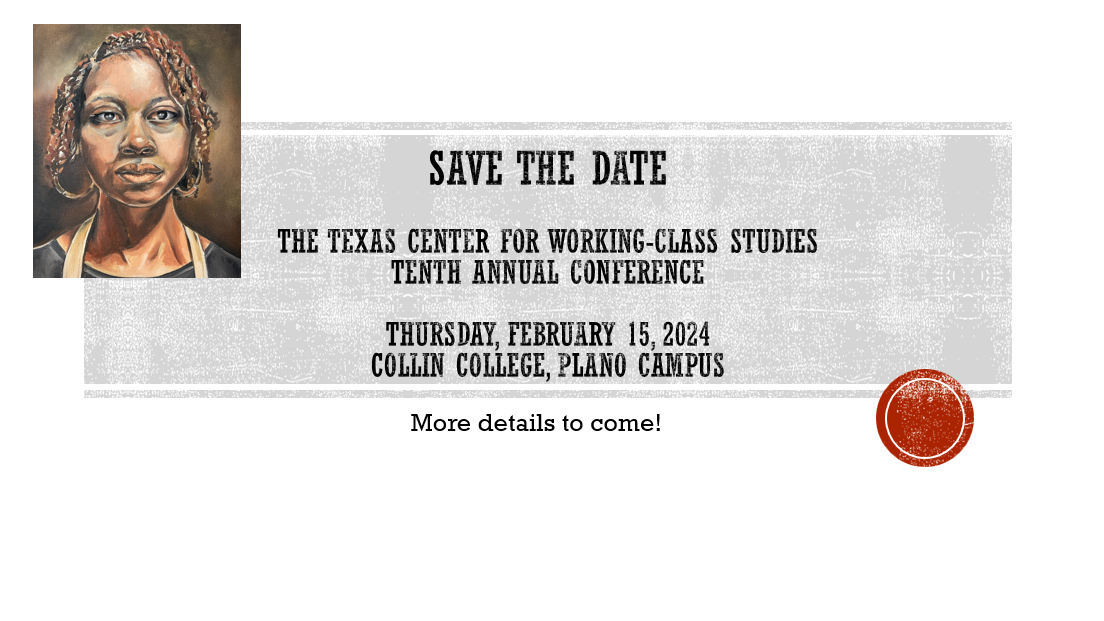Title of Presentation/Proposal/Etc.
“Progression or Regression? Mapping the Dynamics of Working Class Culture in Elizabeth Gaskell’s North and South”
Start Date
25-2-2021 8:00 AM
Presentation Type
Faculty Presentation
Abstract
Mrs. Elizabeth Gaskell’s North and South (1854), a condition of England novel projects the rise of industrialization and the havocs it created within the society during the Nineteenth Century. Drawing in from geography and economics, Mrs. Gaskell poignantly portrays the ill effects of rising capitalist society and its influence on mankind as a whole. The stark differences between ‘Romantic’ and ‘Victorian’ ideals are a chief focus in the novel. This paper will look into the changes that the Industrial Revolution in the Nineteenth Century has brought in and how it affected many lives both physically and psychologically along with political and economic implications. Taking into account the novel’s major and minor characters and the industrial city Milton which in itself emerge as a character, the paper will examine the owner, the worker and the workplace in details and also bring into consideration the rise of the ‘New-Woman’ as opposed to the ideal and quintessential ‘Victorian Woman’- the angel in the house.
Location
Virtual
“Progression or Regression? Mapping the Dynamics of Working Class Culture in Elizabeth Gaskell’s North and South”
Virtual
Mrs. Elizabeth Gaskell’s North and South (1854), a condition of England novel projects the rise of industrialization and the havocs it created within the society during the Nineteenth Century. Drawing in from geography and economics, Mrs. Gaskell poignantly portrays the ill effects of rising capitalist society and its influence on mankind as a whole. The stark differences between ‘Romantic’ and ‘Victorian’ ideals are a chief focus in the novel. This paper will look into the changes that the Industrial Revolution in the Nineteenth Century has brought in and how it affected many lives both physically and psychologically along with political and economic implications. Taking into account the novel’s major and minor characters and the industrial city Milton which in itself emerge as a character, the paper will examine the owner, the worker and the workplace in details and also bring into consideration the rise of the ‘New-Woman’ as opposed to the ideal and quintessential ‘Victorian Woman’- the angel in the house.


